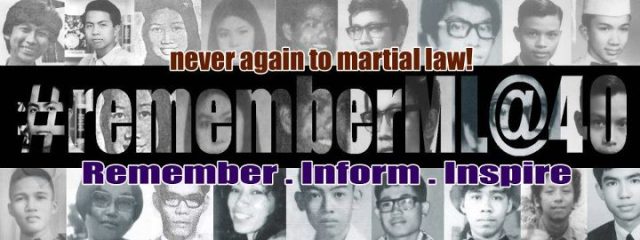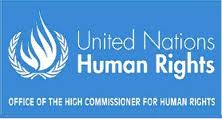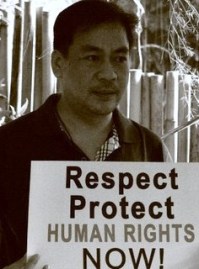The landmark signing of an initial peace agreement between the Philippine government and the Moro Islamic Liberation Front (MILF) has reinvigorated hopes of a peaceful resolution of the decades-long conflict in Mindanao.
The framework peace deal lays the foundations for a “just peace” that should be guided by human values and international standards of good governance, human rights and the dignity of peoples and communities.
The peace deal is supposed to aim at the full development of a nation, nay of a community, guaranteed by the supreme sovereignty of the people.
What can be observed in the “framework agreement” signed by government and rebel peace negotiators this month is the truthful reference to the pains and aspirations of the people of Mindanao and its adjacent islands.
Unfortunately, only well-intentioned individuals, the wounded and those who empathize with the people of Mindanao can fully appreciate, without equivocation, the agreement. It comes out devoid of pretension and political subtlety.
People in Mindanao (and even outsiders), however, should understand that peace is not a political compromise between conflicting parties. Political compromises connote the satisfaction of vested interests of opposing camps.
Peace is a resolution of tensions perpetrated by warring parties. Negotiations should only serve a higher unifying goal. The warring groups stole peace and owe it to the people of Mindanao. Payback time should be now.
The peace process that the MILF and the government went through was a courageous show of rising above human frailties. It was an act of acceptance of the parties’ failures to the masses.
We all should also be reminded that the “framework agreement” is only a legal manifestation of intent. It is not yet “the peace agreement.”
What makes peace is making details work according to agreed principles, and the satisfaction of all requisites in restoring people to a collective dignified existence.
Related articles
- Disarming of MILF becoming a thorny issue (newsinfo.inquirer.net)
- Bishops support Mindanao peace agreement, says retired prelate (newsinfo.inquirer.net)
- Gov’t urges citizens to help in promoting peace in Mindanao (philstar.com)
- Philippines peace treaty talks in Manila (bigpondnews.com)
- Gov’t, MILF sign historic peace plan (rappler.com)
- Philippine gov’t urges citizens to help in promoting peace in Mindanao (nzweek.com)
- Peace is within reach – Malaysian PM (globalnation.inquirer.net)
- Insight: From guns to laptops, Philippine peace faces arduous road – Reuters (reuters.com)










